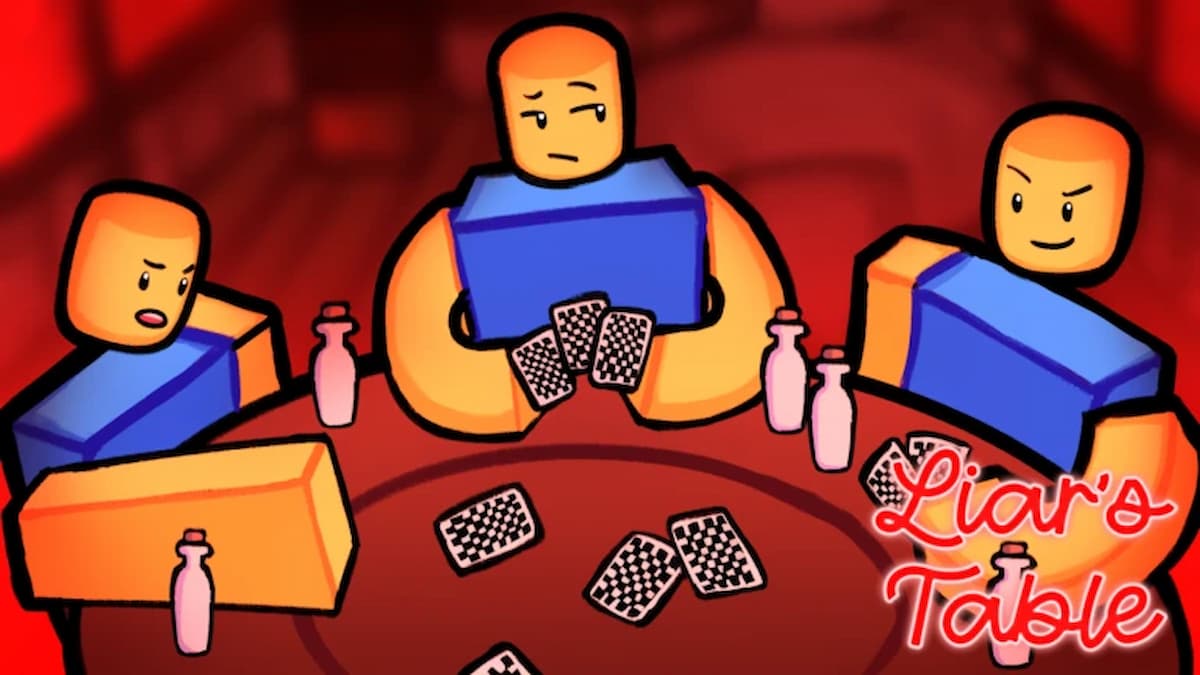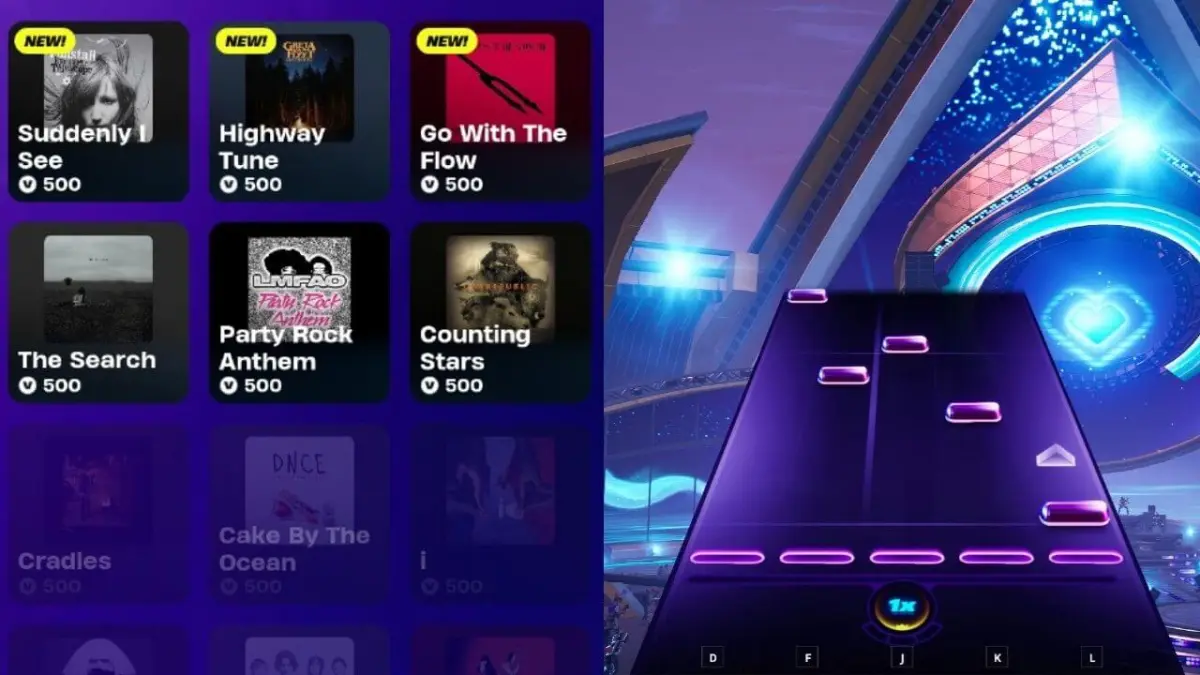The world sniggered as a quintet consisting primarily of platinum-ranked South Africans stepped into the booth at the IeSF 7th e-Sports World Championships. While the competition did not play host to illustrious players from LCS-level leagues, it nonetheless was a platform for high-diamond and master-level players to fight it out for the pride of their nation.
The team, which was selected by South Africa’s official gaming organisation Mind Sports South Africa (MSSA), appeared likely to be the whipping boys of Group B. Instead they performed admirably, winning one game and losing two.
“We did learn a lot from playing against people of that skill level,” said support player Maryke ‘Ykie’ Kennard, “especially on their ping.”
Ping is a sore topic within the Southern African LoL community, with South African players generally facing ping of 170-270ms. Many a low elo resident has blamed ping for their failure to climb out of bronze, along with their teammates, noob champions and having to rescue their neighbour’s cat from a tree.
However, high ping has certainly hurt competitive LoL in countries such as South Africa. Despite participating in the most popular e-sport in the world, the best South African LoL players must be content with a crowdless LAN, streamed to less than 50 people, as their ultimate competitive experience. In contrast, South African CS:GO players have played at international tournaments such as Dreamhack Winter, against teams such as Fnatic and Cloud 9.
Changing the fortune of high-ping-afflicted communities is not as simple as throwing servers in their directions, though. Riot has previously investigated the feasibility of implementing servers in some smaller regions, and claims that these servers would not be worth the upkeep they would require. Ykie agrees. She guesses that there are about 20 000 LoL players in South Africa, which could potentially render the server underpopulated. Riot’s refusal to adopt the server system of games such as CS:GO and Dota 2 means that smaller communities of nations such as South Africa will likely continue to live in the shadow of the aforementioned games.
As it stands, there is simply no scope for these gamers to be recognised as genuinely competitive players unless they leave their countries, a huge risk when they have no guarantee of a professional career. This encourages top players to seek other ways of earning money with their talent, such as boosting.
Boosters plague the upper echelons of competitive LoL in South Africa. These players see no point to fighting against their ping at a higher elo. While boosting is done throughout the world, it is so common for good South African players to earn money from boosting that many members of the community have learnt to turn a blind eye to those who advertise their eloboosting services and websites.
Whether boosting or dodging platinum skillshots, the ping-ridden proficient players of League of Legends will continue to battle despite their handicap. Many talented players will fall through the cracks, but perhaps a few will find their way to a lucrative region. Players such as former Liquid top-laner Quas will serve as a reminder that there is always hope – even if the odds seem slim.
Photo courtesy of IeSF Facebook Page





Published: Jan 2, 2016 12:33 pm